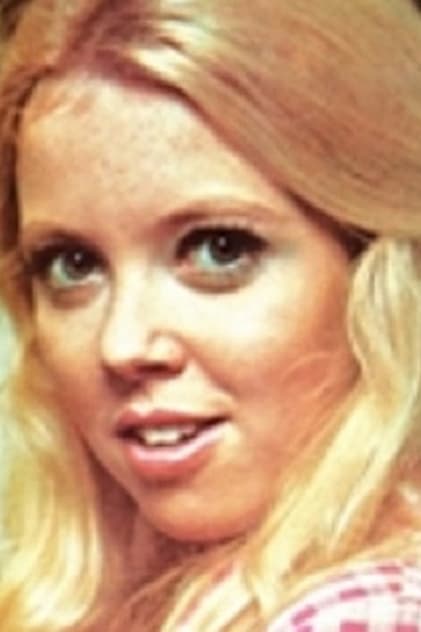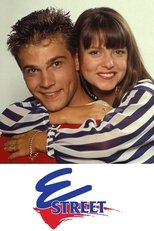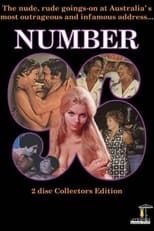

Frances Hargreaves
Born: January 6, 1955
Died: March 3, 2017
in South Africa
Died: March 3, 2017
in South Africa
Frances Hargreaves (6 January 1955 – 3 March 2017) was South Africa-born Australian actress, who became famous in the 1970s through her long-running role of Marilyn McDonald in soap opera Number 96.
Hargreaves was born in South Africa, of British descent and prior to Number 96 she had studied in London, and began acting on the stage in the UK. After marrying Australian actor and singer David Gilchrist, they settled in Australia in 1973.
In January 1974, Hargreaves scored the role of rebellious Marilyn McDonald at the last-minute when the original actress, Judy McBurney, had to withdraw due to peritonitis after only six episodes. Hargreaves had to re-shoot all of McBurney's scenes.
Hargreaves left the series in June 1975 when she fell pregnant. During a subsequent visit to her native South Africa with newborn son Samuel David, she acted in theatre productions of The Sound of Music and Stop the World I Want to Get Off.
She subsequently returned to Australia and resumed her role in Number 96 from April 1977 until its demise later that year. She later appeared in The Young Doctors as Emma Dixon in 1979 and Who Killed Baby Azaria? (1983).
Hargreaves was born in South Africa, of British descent and prior to Number 96 she had studied in London, and began acting on the stage in the UK. After marrying Australian actor and singer David Gilchrist, they settled in Australia in 1973.
In January 1974, Hargreaves scored the role of rebellious Marilyn McDonald at the last-minute when the original actress, Judy McBurney, had to withdraw due to peritonitis after only six episodes. Hargreaves had to re-shoot all of McBurney's scenes.
Hargreaves left the series in June 1975 when she fell pregnant. During a subsequent visit to her native South Africa with newborn son Samuel David, she acted in theatre productions of The Sound of Music and Stop the World I Want to Get Off.
She subsequently returned to Australia and resumed her role in Number 96 from April 1977 until its demise later that year. She later appeared in The Young Doctors as Emma Dixon in 1979 and Who Killed Baby Azaria? (1983).
Movies for Frances Hargreaves...

Title: E Street
Character: Heather Spencer
Released: January 24, 1989
Type: TV
An Australian television soap opera, set in a tough fictional inner-city district called Westside. The stories revolve around the local community there. Created by Forrest Redlich and produced by Network Ten from 24 January 1989 to 13 May 1993.


Title: Number 96
Released: March 13, 1972
Type: TV
Number 96 was a popular Australian soap opera set in a Sydney apartment block. Don Cash and Bill Harmon of the Cash Harmon Television production company, produced the series for Network Ten, which requested a Coronation Street-type serial, and specifically one that explored adult subjects. The premise, original story outlines, and the original characters were devised by David Sale who also wrote the scripts for the first episodes and continued as script editor for much of the show's run. The series proved to be a huge success, running from 1972 until 1977. Number 96 was so popular it spawned a feature film version, filmed in December 1973. Number 96 was known for its sex scenes and nudity, somewhat risque at the time, and for its comedy characters. The series was the first Australian soap opera to feature an openly gay character.
